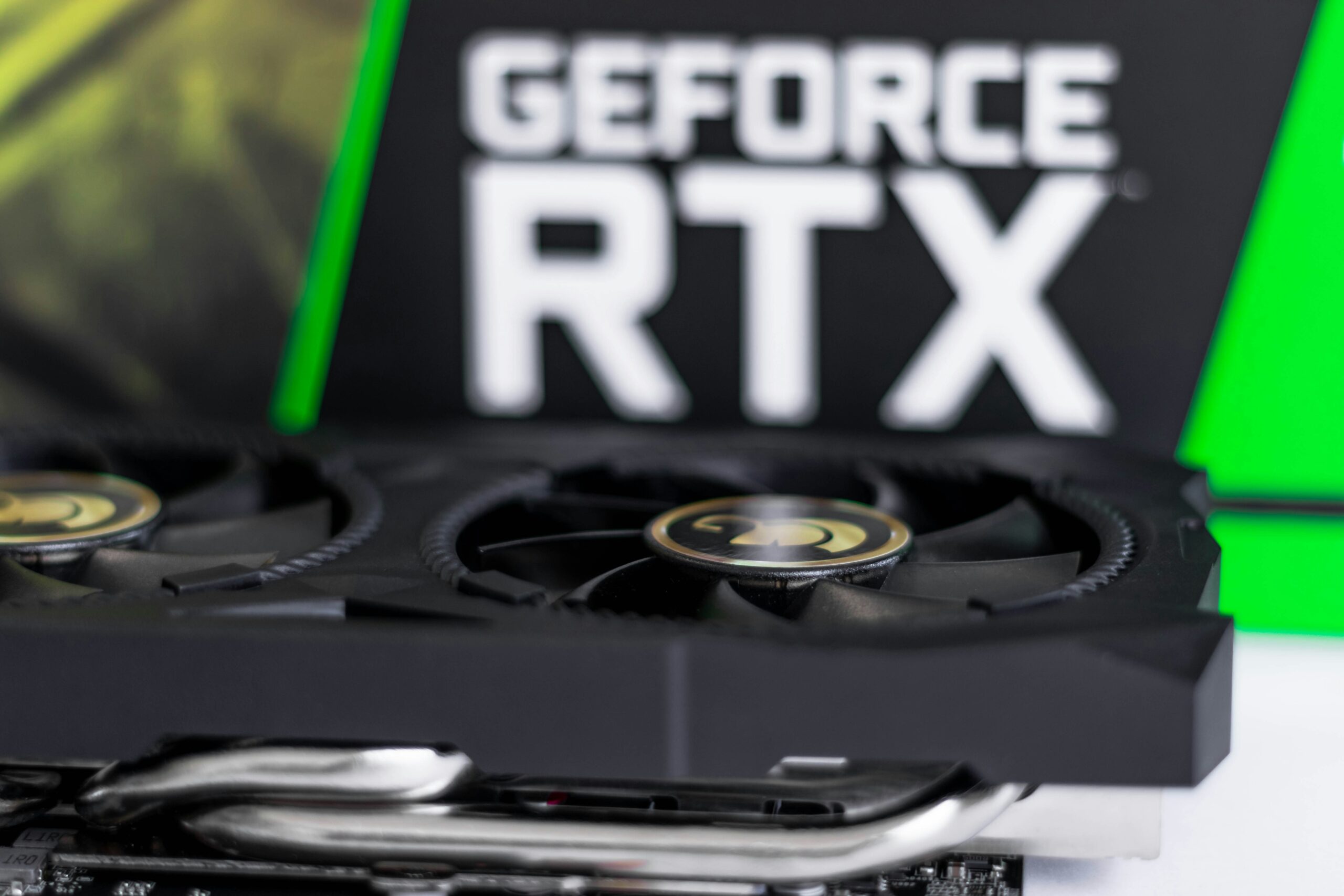Mastering Blockchain Technology: A Comprehensive Guide to Learning Essential IT Skills

Introduction
Blockchain technology has evolved from being the underlying framework for cryptocurrencies like Bitcoin to a powerful tool with applications across various industries, including finance, supply chain management, healthcare, and more. As businesses increasingly explore blockchain solutions for secure, transparent, and decentralized operations, the demand for IT professionals with blockchain expertise has surged.This article provides a detailed guide on how to learn and master blockchain technology skills, equipping you to thrive in the rapidly growing field of blockchain development.
Understanding Blockchain Technology
Before diving into how to learn blockchain technology, it’s essential to grasp its fundamental concepts:
- What is Blockchain?
- Blockchain is a decentralized, distributed ledger technology that records transactions across multiple computers in a way that ensures security, transparency, and immutability. Each transaction is stored in a “block,” and these blocks are linked together in a chronological “chain.”
- Key Features of Blockchain:
- Decentralization: Unlike traditional databases, blockchain doesn’t rely on a central authority. Instead, control is distributed among all participants in the network.
- Transparency: All transactions on a blockchain are visible to all participants, fostering trust and accountability.
- Immutability: Once a transaction is recorded on a blockchain, it cannot be altered or deleted, ensuring data integrity.
- Security: Blockchain uses cryptographic techniques to secure data and prevent unauthorized access.
Steps to Learn Blockchain Technology
- Build a Strong Foundation in Basic Concepts:
- Start by familiarizing yourself with fundamental blockchain concepts such as cryptography, consensus algorithms (like Proof of Work and Proof of Stake), smart contracts, and decentralized applications (dApps). Online courses, tutorials, and blockchain-focused books can provide a solid introduction.
- Learn Programming Languages Relevant to Blockchain:
- Solidity: This is the most widely used programming language for writing smart contracts on the Ethereum blockchain. It’s similar to JavaScript and essential for any blockchain developer.
- Python: Python is used for various blockchain-related tasks, such as writing scripts for automation, data analysis, and interacting with blockchain networks.
- JavaScript: JavaScript, along with frameworks like Node.js, is used in developing dApps and integrating front-end interfaces with blockchain backends.
- C++ and Go: These languages are often used in building blockchain protocols and developing more complex systems.
- Explore Blockchain Platforms:
- Gain hands-on experience with popular blockchain platforms such as Ethereum, Hyperledger, and Binance Smart Chain. Each platform has its own ecosystem, tools, and use cases, so understanding the differences and applications is crucial.
- Develop Smart Contracts:
- Smart contracts are self-executing contracts with the terms directly written into code. Start by creating simple smart contracts on the Ethereum blockchain using Solidity. Progressively, you can build more complex contracts that interact with decentralized applications.
- Understand Decentralized Applications (dApps):
- dApps are applications that run on a blockchain network, as opposed to a centralized server. Learn how to develop dApps by integrating smart contracts with front-end technologies like React or Angular, and back-end systems using Node.js or Python.
- Dive into Blockchain Development Tools:
- Truffle: A development framework for Ethereum that simplifies the process of writing, testing, and deploying smart contracts.
- Ganache: A local blockchain emulator that allows you to test smart contracts in a controlled environment.
- MetaMask: A browser extension that acts as a wallet for Ethereum-based dApps, enabling users to interact with the blockchain directly from their browser.
- Stay Updated with Blockchain Trends and Innovations:
- Blockchain technology is rapidly evolving, with new platforms, tools, and use cases emerging regularly. Follow industry blogs, participate in online forums like Reddit and Stack Overflow, and attend blockchain conferences to stay informed about the latest trends.
- Engage with the Blockchain Community:
- Join online communities, such as GitHub, where blockchain developers collaborate on projects. Contributing to open-source blockchain projects is an excellent way to gain experience, learn from others, and build a portfolio.
- Gain Practical Experience:
- Practical experience is key to mastering blockchain technology. Work on personal projects, participate in hackathons, or intern at companies focusing on blockchain solutions. This hands-on experience will deepen your understanding and improve your skills.
- Pursue Certifications and Advanced Courses:
- There are several blockchain certifications and advanced courses available, such as the Certified Blockchain Developer (CBD) or courses offered by institutions like Coursera and edX. These certifications can validate your skills and make you more competitive in the job market.
Challenges and Considerations
- Complexity: Blockchain technology involves a steep learning curve, especially when dealing with cryptographic concepts and consensus mechanisms. Persistence and continuous learning are essential.
- Security: As blockchain development involves working with sensitive data and financial transactions, understanding security best practices is crucial to prevent vulnerabilities.
- Scalability Issues: Blockchain networks often face challenges with scalability, transaction speed, and cost. Understanding how to optimize and scale blockchain solutions is a critical skill.
Conclusion
Mastering blockchain technology requires a combination of theoretical knowledge, practical experience, and continuous learning. As the technology continues to mature, IT professionals with blockchain expertise will be in high demand across various industries. By following the steps outlined in this guide, you can build a strong foundation in blockchain technology, develop the necessary skills, and position yourself as a valuable asset in the growing field of blockchain development.




